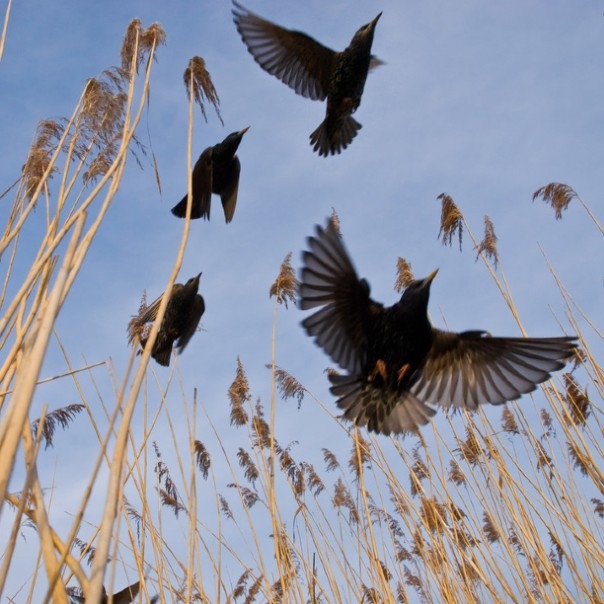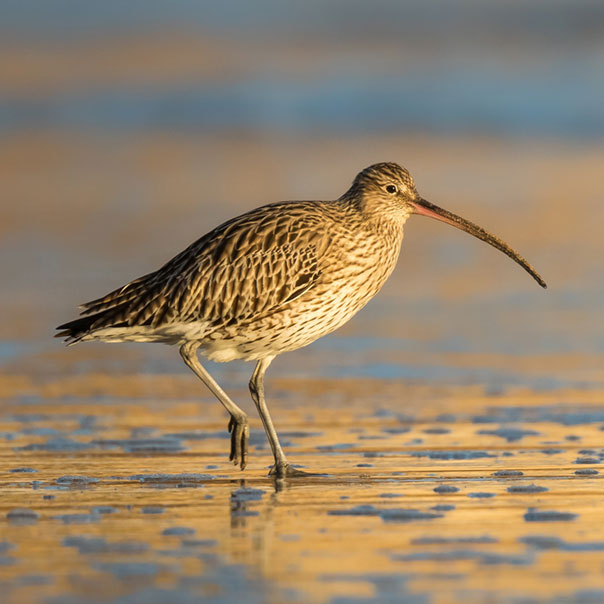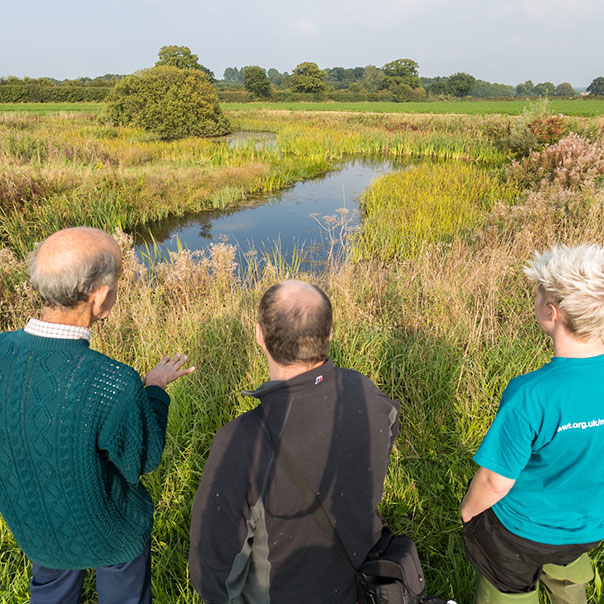Restoring lost farmland ponds
Restoring neglected farmland ponds could be key for a better, more connected rural wetland landscape.
Introduction
Farmland ponds are important habitat for wetland wildlife in the agricultural landscape.
Healthy networks of these ponds, at different stages of their ‘lives’, help wetland species to move around farmland habitats. As habitat fragmentation continues to increase, they are more important than ever. Without them, many native species would struggle to survive. WWT are working to increase the number of ponds in farmland by helping landowners to restore existing overgrown ponds and create new ones.
Watch: a restored pond vs unrestored
The challenge
Historically ponds on farmland were an important resource, used to water livestock and crops, and as ornamental features for fish and ducks.
Ponds were an essential part of rural life. In some parts of the UK it wasn’t uncommon to have four or five ponds in one field.
However, due to changing methods in agriculture, the creation and maintenance of farmland ponds has become a thing of the past. Conservative estimates of pond loss suggest that almost 50% of farm ponds have been lost in the UK in the last 50 years. In Norfolk alone it is estimated that more than 8,000 ponds have been lost since the 1950s leading to a loss of diversity and abundance of invertebrates, animals and plants. Whilst some ponds have been filled in to increase land for agriculture, creating ‘ghost’ ponds, others have simply not been cared for and so have become areas of overgrown scrub.
What are WWT doing to help?
- WWT have been working with the Pond Restoration Research Group and Norfolk Ponds Project to provide evidence of the multiple benefits of farm ponds. This research shows there are clear links between the management of farmland ponds and thriving populations of farm birds
- Raising awareness about the value of farm ponds with FWAG South West and farmers in the Severn Vale through initiatives like the #Big50 ponds project
- The Conservation Evidence team have been using historical maps to identify older, forgotten ponds and identify areas that are key to maintaining a healthy pond network
- Providing guidance and funding for farmers interested in restoring and creating ponds on their land
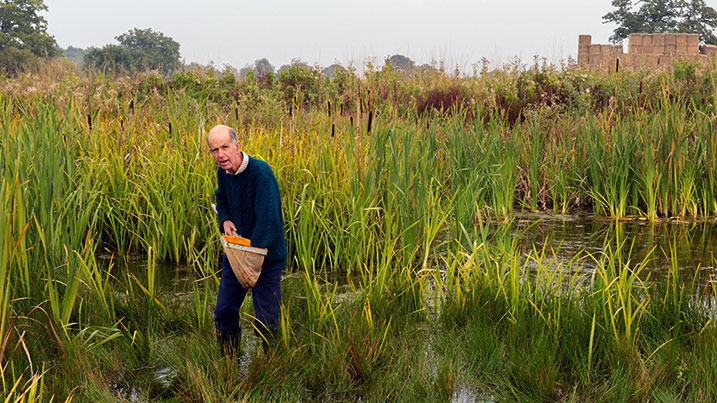
Key achievements
- Farm ponds workshop for Gloucestershire farmers run with FWAG South West and the ponds restoration research group
- A practical farm pond management and monitoring event run with FWAG South West and the ponds restoration research group
- We are working with farmers in the Severn Vale to restore ponds, to turn back the clock and bring back the wildlife through the Severn Vale Guardians Project. Wetland habitats have an amazing ability to temper the impacts of extreme environmental pressures, from climate change to freshwater pollution, by sequestrating carbon, storing and filtering water, cooling their surroundings and providing a safe sanctuary for wildlife. We hope that that these ponds help will help reconnect people with wetlands in their communities.
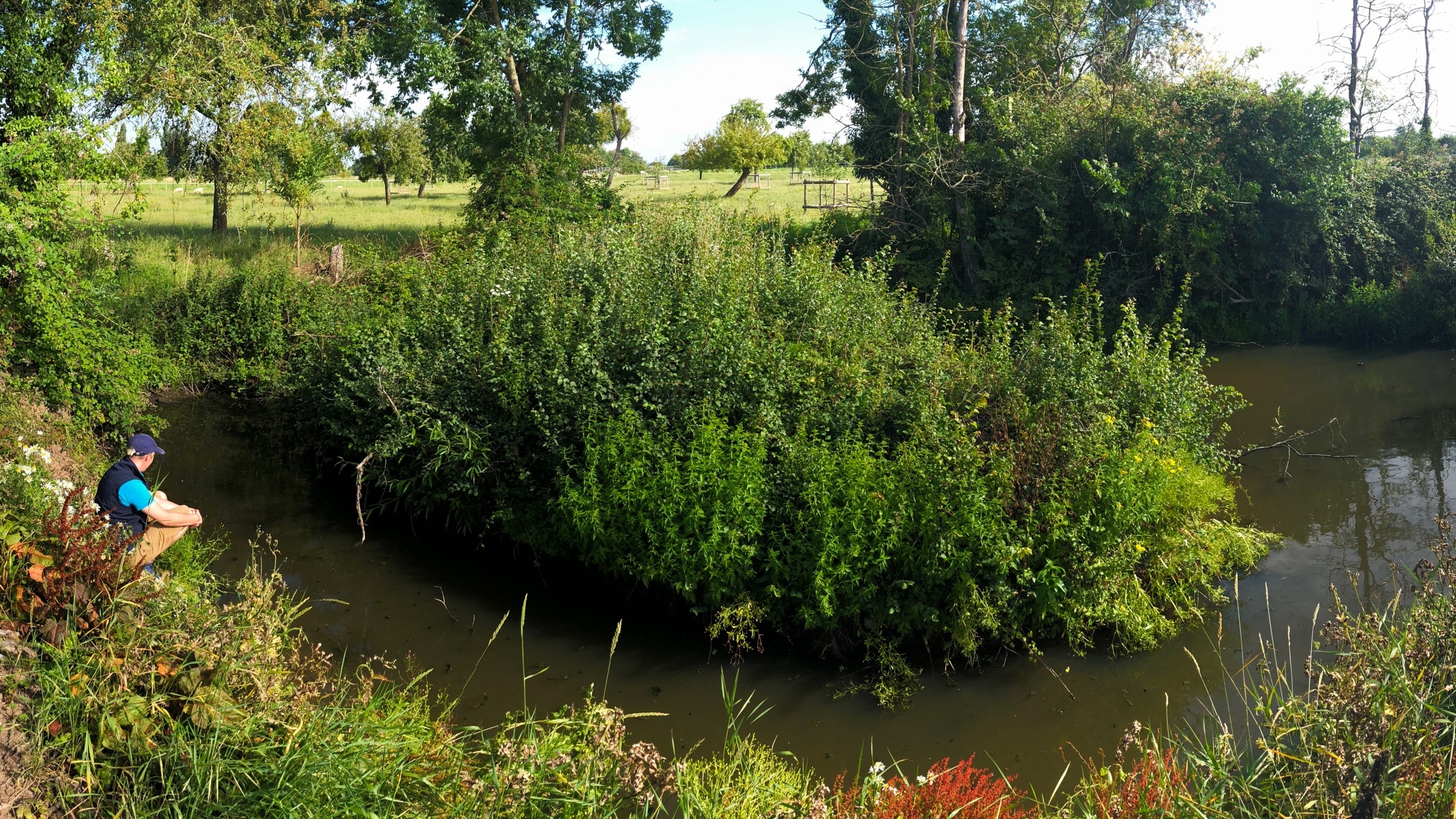
People
Elena von Benzon
You might also be interested in
Partners and funders
- FWAG South West
- UCL Ponds Restoration Research Group
- Norfolk Ponds Project
- Lancashire Ponds Project
